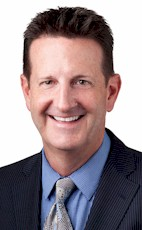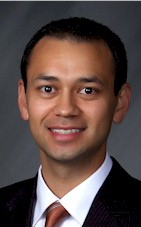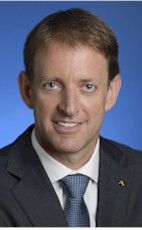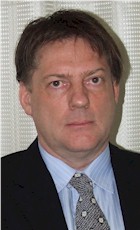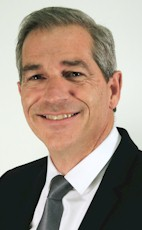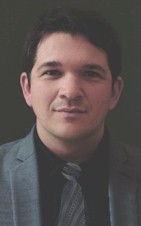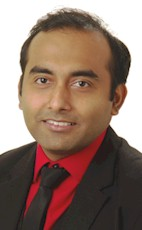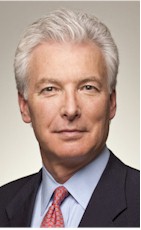
A trademark can be a recognizable sign or design that defines a brand. Protecting that trademark can be crucial to a hospitality player attracting guests and maintaining a competitive edge. A hospitality player's success may lead to imitation from competitors. That imitation may lead to infringement of a hospitality player's trademark. Protecting any trademark should be a priority for hospitality players. Failing to protect a trademark can lead to waiving rights and claims that a hospitality player may use to enforce its trademark rights. Hospitality players should seek to understand whether any threats exist to their trademark rights and take appropriate action in response to those threats. READ MORE




